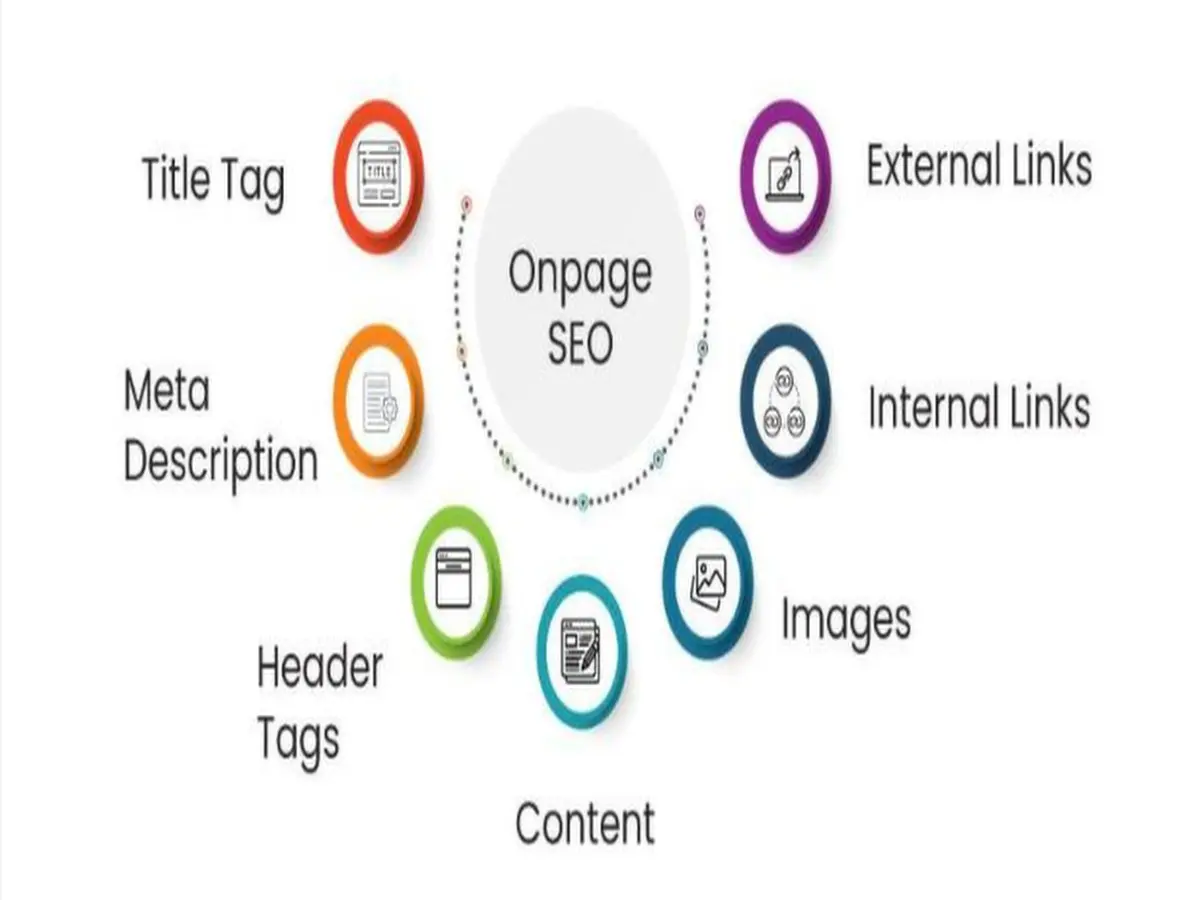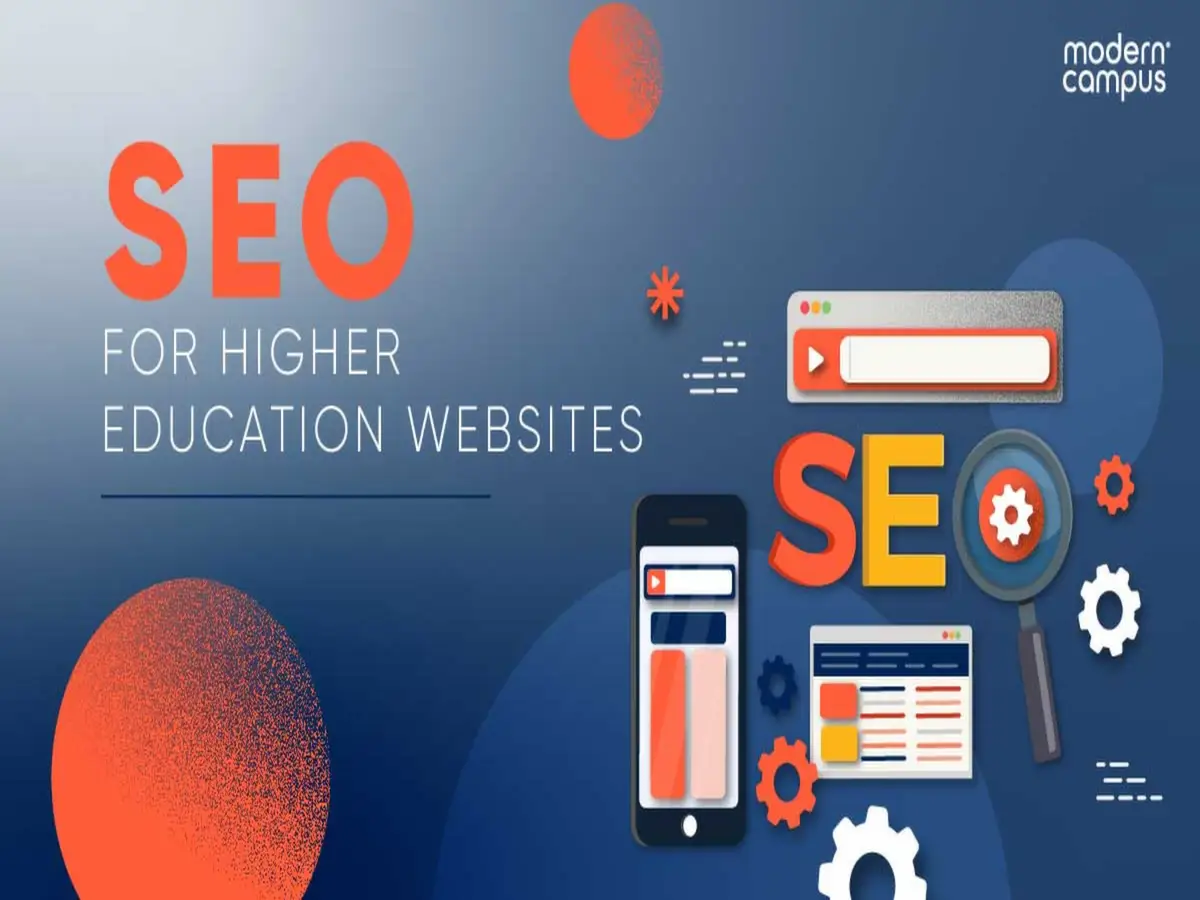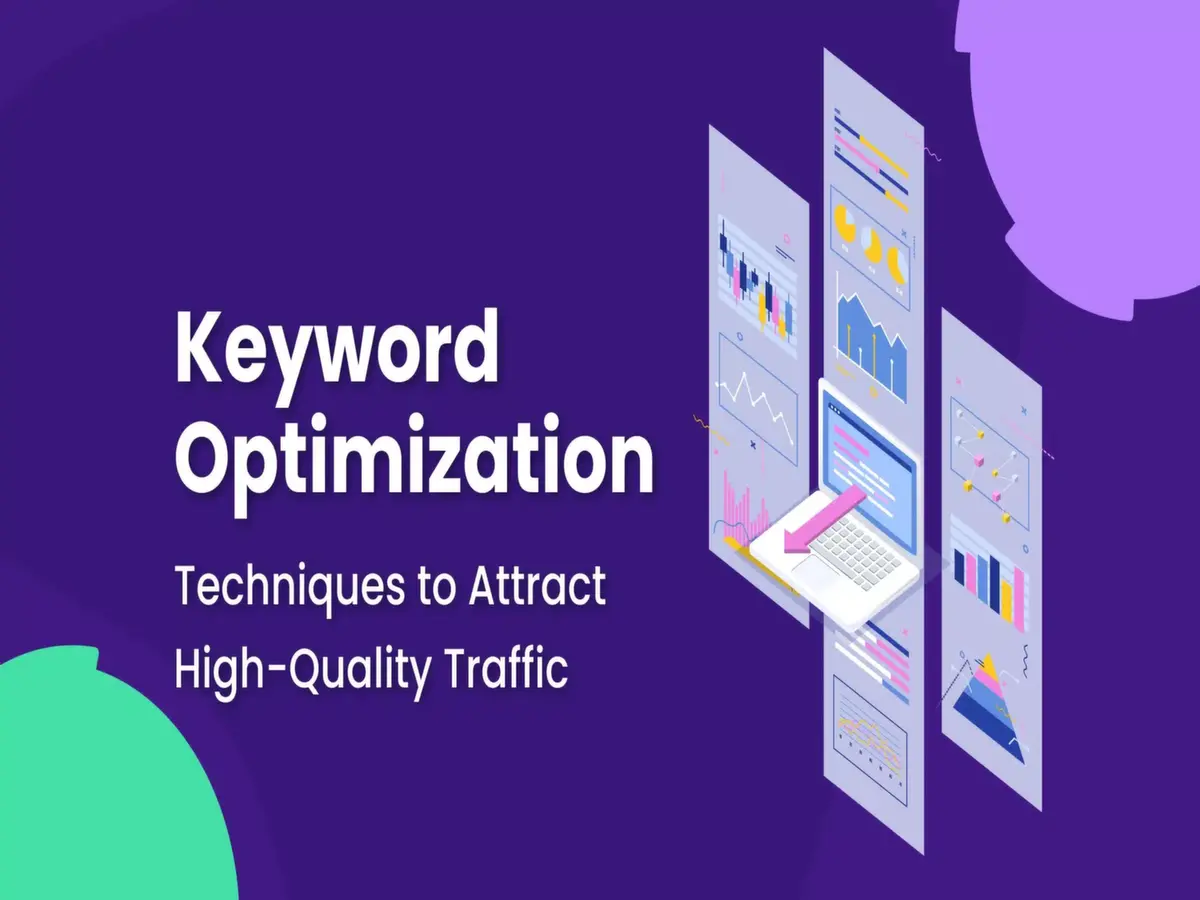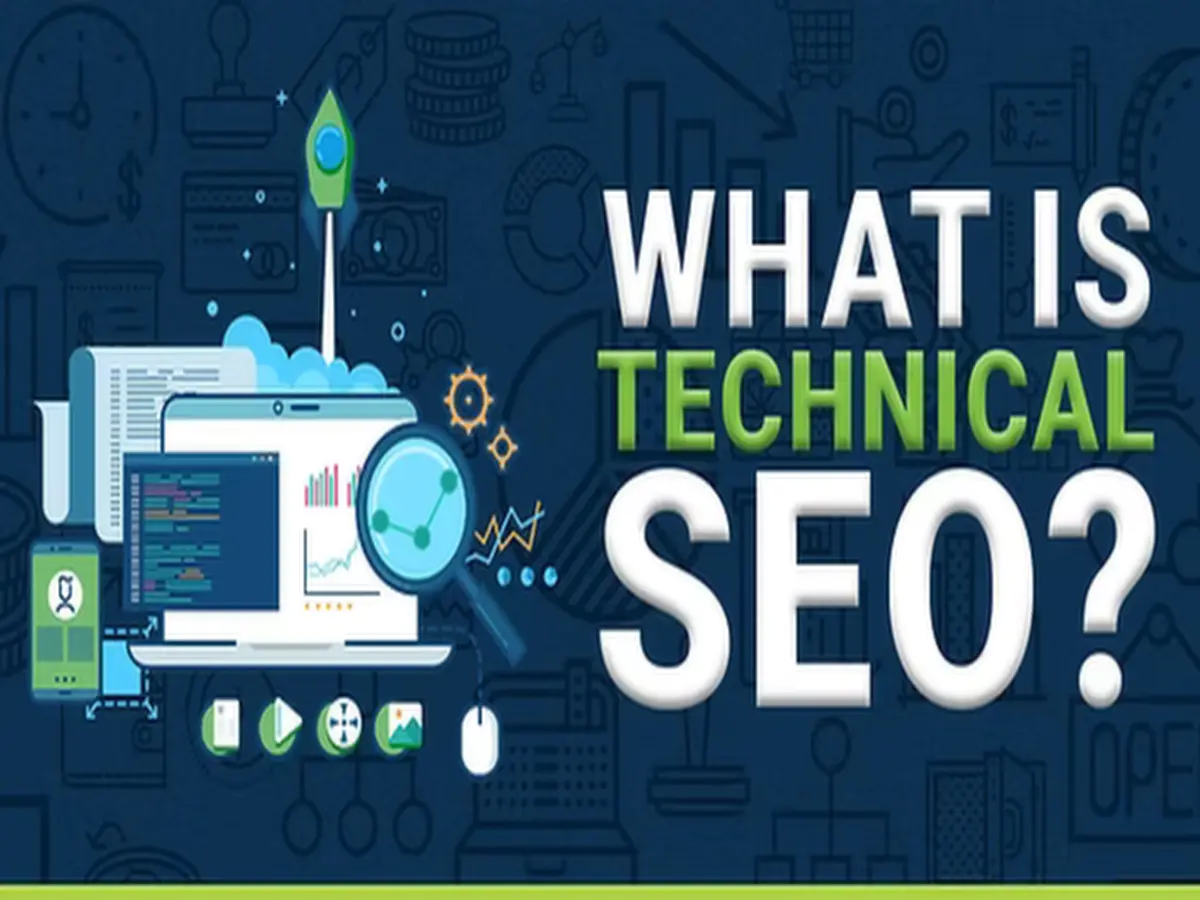Why Seo Is Essential for Your Business in 2025
In this blog, we’ll explore **what on-page SEO is, why it matters, and how you can implement it effectively**.
When it comes to improving your website’s visibility on search engines, On-Page SEO is one of the most critical factors. Unlike off-page SEO, which focuses on external signals like backlinks, on-page SEO involves optimizing the content and structure of your website to make it more search-engine-friendly. Whether you’re a small business owner in Uganda or a global enterprise, mastering on-page SEO can help you attract more organic traffic, improve user experience, and boost your rankings. In this blog, we’ll explore what on-page SEO is, why it matters, and how you can implement it effectively. Plus, I’ll share how I, Muyinda Brian, can help you optimize your website for success.
What is On-Page SEO?
On-page SEO refers to the practice of optimizing individual web pages to rank higher and earn more relevant traffic from search engines. It involves optimizing both the content and HTML source code of a page. Key elements of on-page SEO include:
- Keyword Optimization: Using relevant keywords in your content, titles, and meta descriptions.
- Content Quality: Creating high-quality, valuable content that meets user intent.
- Technical SEO: Ensuring your website is fast, mobile-friendly, and easy to crawl.
- User Experience: Designing your website to be intuitive and easy to navigate.
When done correctly, on-page SEO helps search engines understand your content and rank it higher for relevant queries.

Caption: On-page SEO involves optimizing your website’s content and structure for search engines.
Why On-Page SEO Matters
On-page SEO is essential for several reasons:
1. Improves Search Engine Rankings
By optimizing your website’s content and structure, you make it easier for search engines to understand and rank your pages. This leads to higher visibility and more organic traffic.
Example: A blog post optimized for the keyword “best coffee shops in Kampala” is more likely to rank on the first page of Google.
2. Enhances User Experience
On-page SEO isn’t just about pleasing search engines—it’s also about creating a better experience for your users. A well-optimized website is fast, easy to navigate, and provides valuable content.
Example: A website with clear headings, internal links, and a mobile-friendly design keeps users engaged and encourages them to explore more.
3. Increases Organic Traffic
When your website ranks higher for relevant keywords, it attracts more organic traffic. This traffic is highly targeted, meaning users are more likely to convert into customers.
Example: An e-commerce store that optimizes its product pages for specific keywords can attract more buyers searching for those products.
4. Builds Credibility
A well-optimized website builds trust and credibility with both users and search engines. When your website provides valuable, well-structured content, users are more likely to trust your brand.
Example: A law firm with optimized service pages and positive reviews is more likely to attract clients.
5. Cost-Effective Marketing
On-page SEO is a cost-effective way to drive long-term traffic to your website. Unlike paid ads, which require continuous investment, on-page SEO delivers sustainable results.
Example: A small business owner can achieve consistent traffic and sales through on-page SEO without spending a fortune on ads.
Key On-Page SEO Strategies
To succeed with on-page SEO, you need to focus on the following strategies:
1. Keyword Research and Optimization
Keywords are the foundation of on-page SEO. Start by identifying relevant keywords for your business and incorporate them into your content, titles, and meta descriptions.
- Primary Keywords: These are the main keywords you want to rank for (e.g., “web design services in Uganda”).
- Secondary Keywords: These are related keywords that support your primary keywords (e.g., “affordable web design” or “best web designers”).
Example: A blog post titled “Top 10 Web Design Trends in 2024” can target keywords like “web design trends” and “best web design practices.”
2. High-Quality Content
Content is king when it comes to on-page SEO. Create valuable, engaging, and original content that meets user intent. This could include blog posts, product descriptions, or service pages.
- Use Headings: Break your content into sections with H1, H2, and H3 tags for better readability.
- Add Multimedia: Include images, videos, and infographics to make your content more engaging.
- Update Regularly: Keep your content fresh and up-to-date to maintain its relevance.
Example: A bakery website can create a blog post titled “How to Choose the Perfect Wedding Cake” with high-quality images and detailed descriptions.

Caption: High-quality content is essential for on-page SEO success.
3. Meta Tags and Descriptions
Meta tags and descriptions help search engines understand your content and display it in search results. Key elements include:
- Title Tags: Keep them under 60 characters and include your primary keyword.
- Meta Descriptions: Write compelling descriptions under 160 characters to encourage clicks.
- Alt Text: Add descriptive alt text to images for better accessibility and SEO.
Example: A title tag like “Affordable Web Design Services in Uganda | Muyinda Brian” is concise and keyword-rich.
4. Internal Linking
Internal links connect your pages and help search engines understand the structure of your website. They also improve user experience by guiding visitors to related content.
Example: A blog post about “Local SEO Tips” can link to a service page about “SEO Services in Uganda.”
5. Technical SEO
Technical SEO ensures your website is fast, secure, and easy to crawl. Key elements include:
- Mobile-Friendliness: Ensure your website is responsive and works well on all devices.
- Page Speed: Optimize images, enable caching, and minimize code to improve loading times.
- SSL Certificate: Secure your website with HTTPS to build trust and improve rankings.
Example: A fast, mobile-friendly website with an SSL certificate ranks higher and provides a better user experience.
How I Can Help You Master On-Page SEO
As an experienced SEO specialist, I can help you optimize your website for higher rankings and better performance. Here’s what I offer:
1. Keyword Research
I’ll identify the best keywords for your business and incorporate them into your content and meta tags.
2. Content Optimization
I’ll optimize your existing content and create new, high-quality content that drives traffic and conversions.
3. Technical SEO Audits
I’ll analyze your website’s technical performance and implement fixes to improve speed, mobile-friendliness, and crawlability.
4. Ongoing Support
SEO is an ongoing process. I’ll provide continuous support to ensure your website stays optimized and competitive.
Let’s Optimize Your Website Today!
Ready to improve your website’s rankings and attract more organic traffic? Contact me today to discuss your on-page SEO needs and get a personalized quote.
📧 Email: info@muyindabrian.com 📞 Phone: +256751055947 🌐 Portfolio: myportfolio

Caption: On-page SEO can help your website rank higher and attract more organic traffic.

Caption: Keyword research and optimization are key to on-page SEO success.

Caption: Technical SEO ensures your website is fast, secure, and easy to crawl.
Don’t let your website get lost in the crowd. Let’s work together to optimize it for success!

